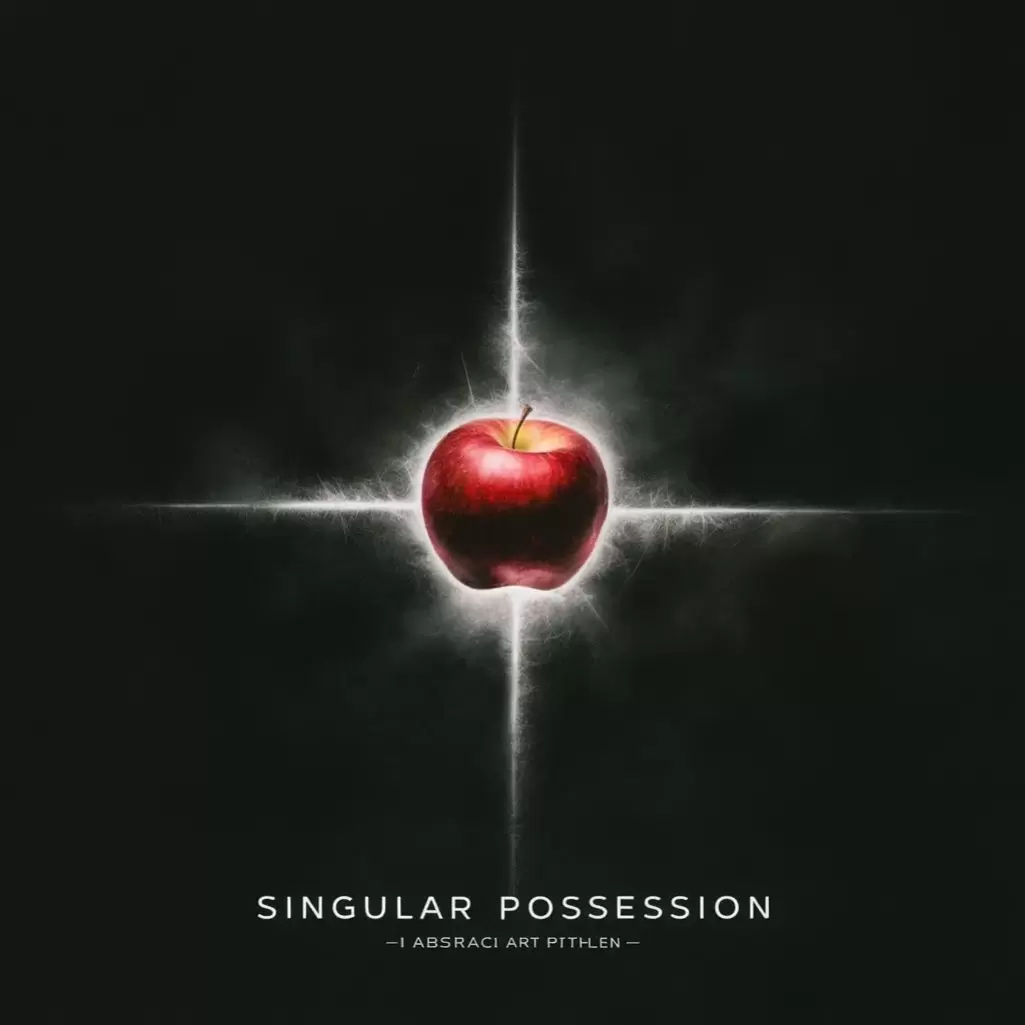Introduction
“Deciphering ‘Bus’ or Bus’s?’ explores possessive forms in English, focusing on ‘bus.’ Clarifying usage complexities.”
In the realm of English language and grammar, the correct usage of possessives often poses a perplexing challenge for many. One such instance that frequently stirs confusion is the possessive form of the word “bus.” Should it be written as “bus’” or “bus’s”?.
This article delves into the intricacies of possessive forms in English, specifically focusing on the proper usage of “bus’” and “bus’s,” unraveling the mystery behind this grammatical conundrum.
Overview
The article “Bus’ or Bus’s?” delves into the complexities of possessive forms in English grammar, with a specific focus on the word “bus.” It addresses the confusion surrounding whether to use “bus’” or “bus’s” as the possessive form of “bus.”
Beginning with an introduction to possessives and their significance in indicating ownership or association, the article explores the dilemma arising from the irregular formation of possessives, especially with nouns ending in “s.”
Through five scenario examples illustrating various contexts, it elucidates when to use “bus’” or “bus’s” in singular and plural possession, joint ownership, expressing time or measurement, and with possessive nouns ending in ‘s’. The article acknowledges the absence of a definitive rule governing possessive forms for nouns ending in ‘s,’ emphasizing the importance of consistency for clarity and coherence in writing.
Ultimately, it underscores the importance of understanding possessive principles and employing them judiciously to navigate the grammatical terrain with confidence, regardless of opting for “bus’” or “bus’s.”
Table of Forms
| Form | Example | Function |
| Singular | Bus | Noun |
| Plural | Buses | Noun |
| Singular Possessive | Bus’s / Bus’ | Possessive Adjective |
| Plural Possessive | Buses’ | Posses |
Understanding Possessives

Before delving into the nuances of “bus’” versus “bus’s,” it’s imperative to grasp the concept of possessives in English grammar. Possessives are used to indicate ownership or association between two entities. In the case of nouns, possessives are formed by adding an apostrophe followed by the letter “s” (‘s) to the noun. However, exceptions and variations exist, leading to occasional confusion and debate among language enthusiasts.
The Dilemma: Bus’ or Bus’s?

When it comes to the possessive form of “bus,” the confusion arises due to the irregularity in its formation. Typically, to denote possession, one would add an apostrophe followed by an “s” to the noun. However, with certain nouns ending in “s,” such as “bus,” determining the correct possessive form becomes less straightforward.
Scenario Examples
To elucidate the proper usage of “bus’” and “bus’s,” let’s explore five scenario examples encompassing various contexts:
1. Singular Possession:

Example: The bus’s engine malfunctioned, causing a delay in the morning commute.
In this scenario, the singular possessive form “bus’s” is appropriate, indicating that the engine belongs to a specific bus.
2. Plural Possession:

Example: All of the buses’ schedules were affected by the heavy snowfall.
Here, the plural possessive form “buses’” is utilized to signify that the schedules belong to multiple buses.
3. Joint Ownership:

Example: The bus’s and the taxi’s fares were comparable for short distances.
In this case, when discussing joint ownership between the bus and the taxi, the singular possessive form “bus’s” is employed.
4. Expressing Time or Measurement:

Example: The bus’s journey from the airport to the city center took approximately forty-five minutes.
When indicating a period of time associated with the bus, the singular possessive form “bus’s” is utilized.
5. Possessive Nouns Ending in ‘s’:

Example: James admired the bus’ sleek design as it glided along the highway.
Here, the possessive form “bus’” is used, adhering to the convention of omitting the additional ‘s’ after the apostrophe when the noun already ends in ‘s.’
Clarify rules:

In determining whether to use “bus’” or “bus’s,” it’s essential to establish clear guidelines based on grammatical principles and conventions. This includes outlining when to apply the singular possessive “bus’s” and the plural possessive “buses’” to ensure consistency and coherence in writing.
Expand examples:

To deepen comprehension, a broader array of examples showcasing the usage of “bus’” and “bus’s” across various contexts should be incorporated.
These examples should encompass singular possession, plural possession, joint ownership, expressions of time or measurement, and possessive nouns ending in ‘s,’ providing readers with a comprehensive understanding of possessive usage with the word “bus.”
Address exceptions:

Acknowledging exceptions to the general possessive formation rules, especially with nouns ending in ‘s’ like “bus,” is crucial. This section should elucidate instances where the conventional rules may not apply, such as when omitting the additional ‘s’ after the apostrophe for possessive nouns ending in ‘s.’
By addressing these exceptions, readers gain a nuanced understanding of possessive usage, facilitating clearer communication in their writing.
Resolving the Debate

The debate surrounding “bus’” versus “bus’s” stems from the absence of a definitive rule governing possessive forms for nouns ending in ‘s.’ While both forms are acceptable in certain contexts, adhering to consistency within a document or piece of writing is paramount for clarity and coherence.
Conclusion
In conclusion, the dilemma of whether to use “bus’” or “bus’s” as the possessive form of “bus” underscores the intricacies of English grammar. By understanding the principles of possessives and employing them judiciously in various scenarios, writers can navigate this grammatical terrain with confidence.
Whether opting for “bus’” or “bus’s,” clarity and consistency remain the guiding principles in mastering the art of linguistic expression.
Related Post:

Hi, I’m Alexander, the admin of the website “English Enlight.” My job is to make sure everything runs smoothly on the site. I help users if they have any problems and make sure all the information is correct. It’s important to me that everyone enjoys using our website and learns something new about English every time they visit. If you need any help or have any questions, feel free to reach out to me!













